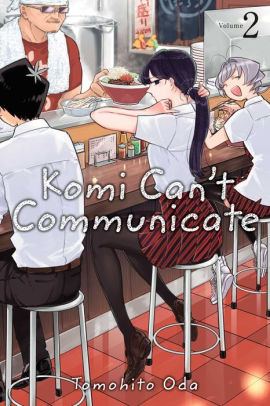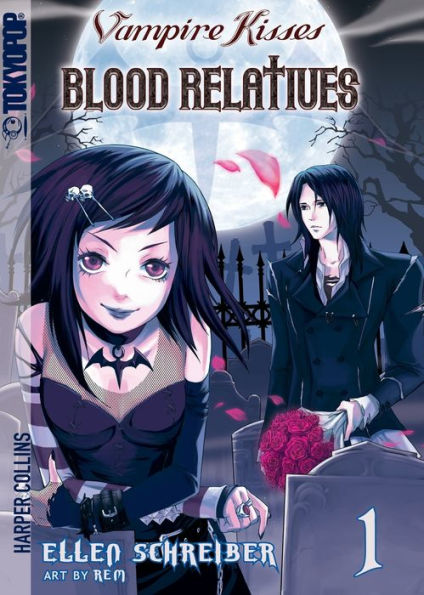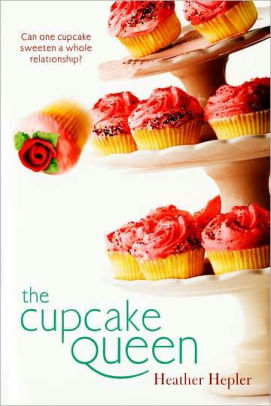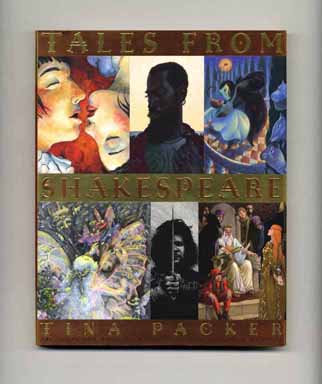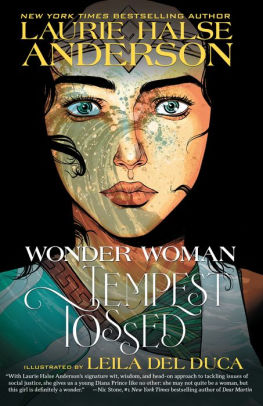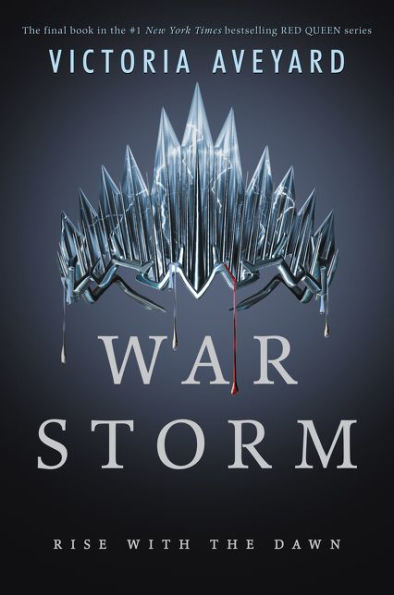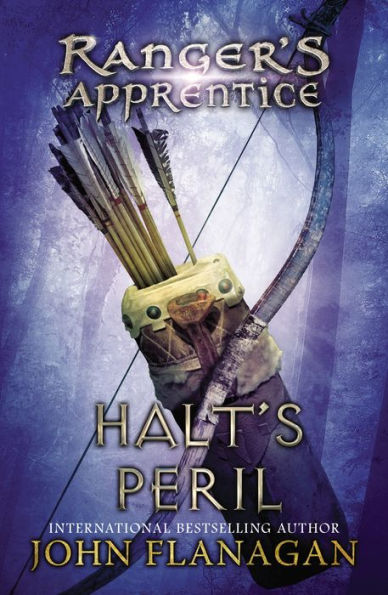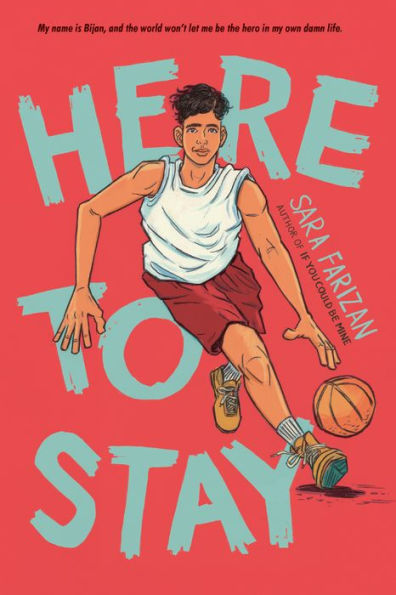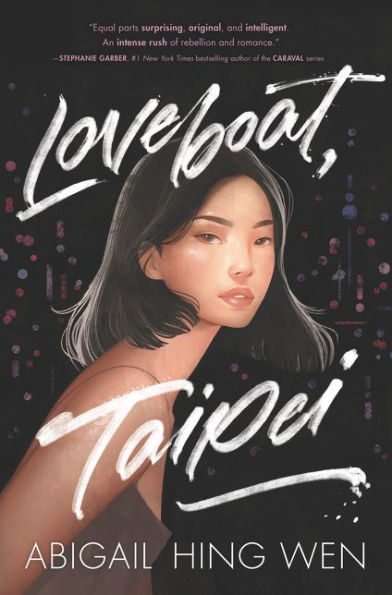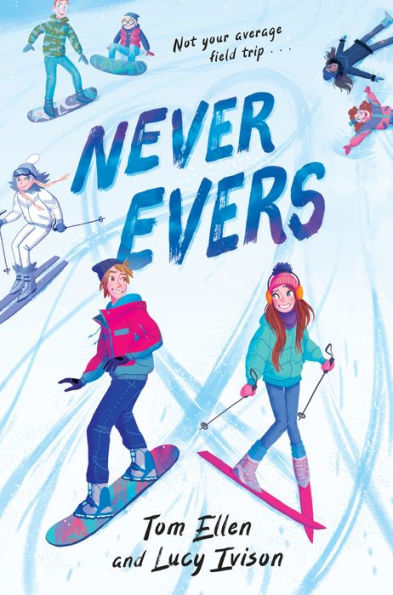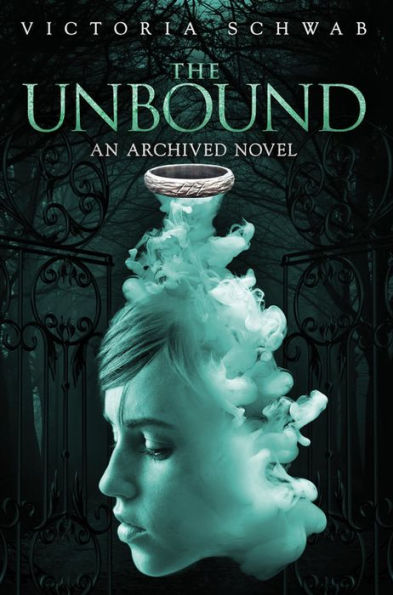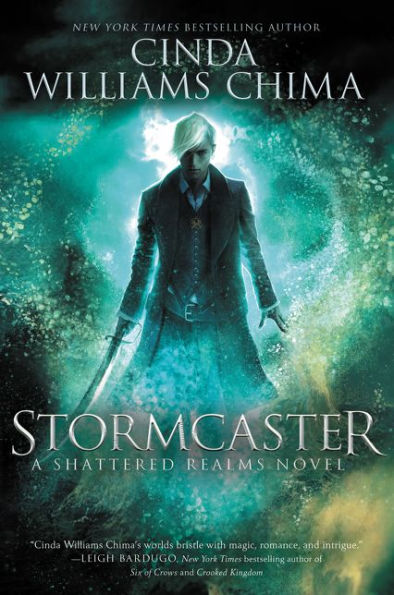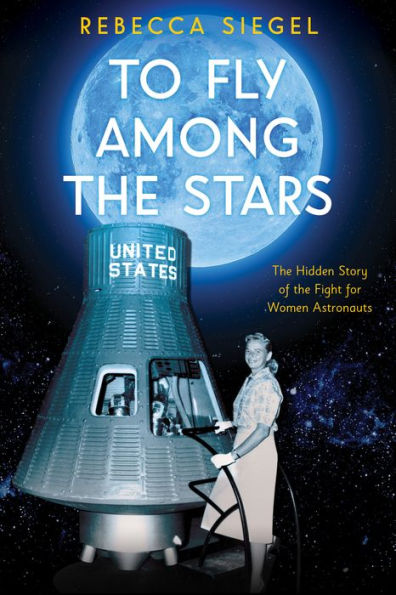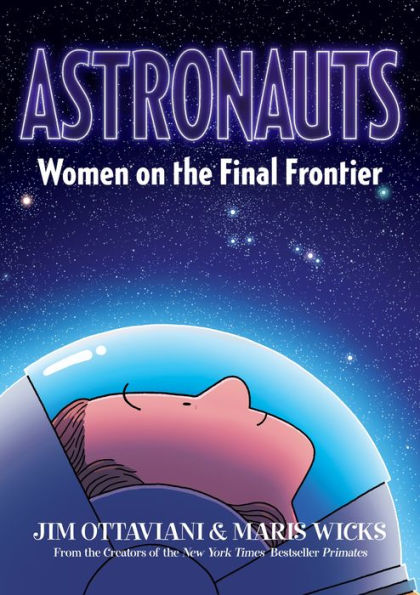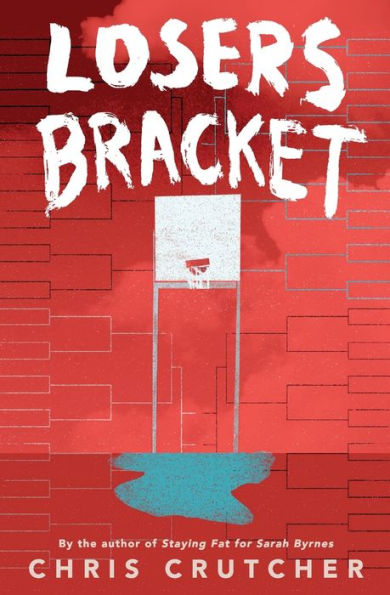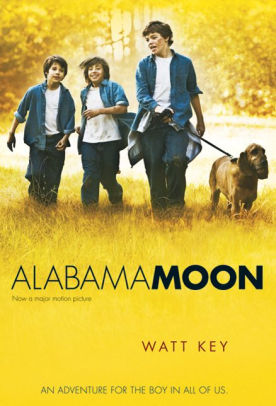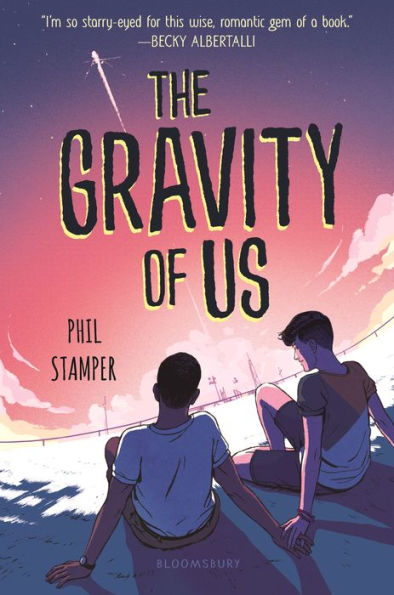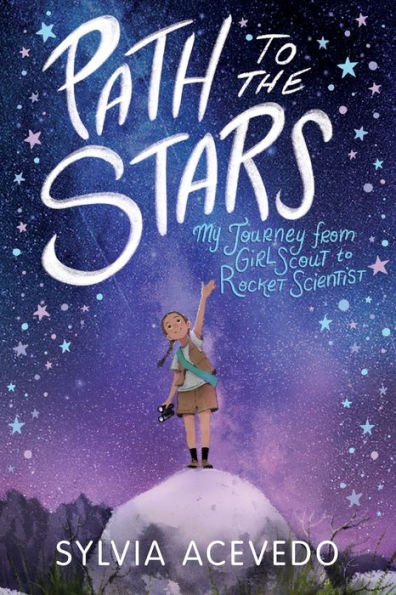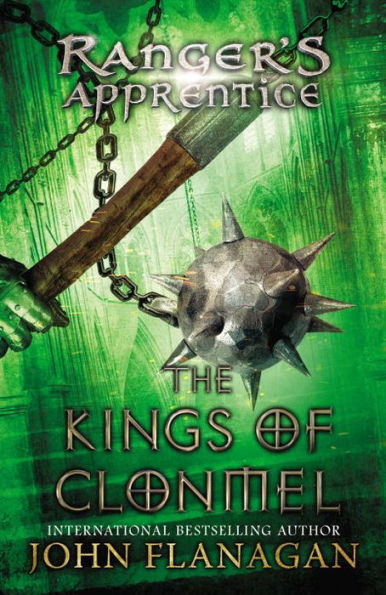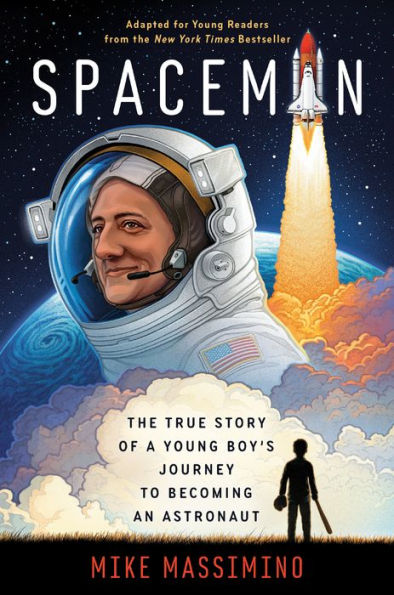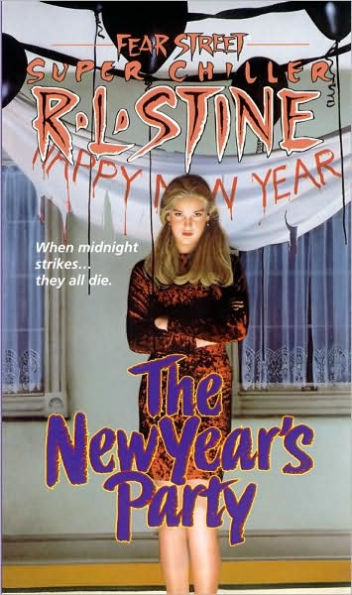Socially anxious high school student Shoko Komi’s greatest dream is to make some friends, but everyone at school mistakes her crippling social anxiety for cool reserve. With the whole student body keeping their distance and Komi unable to utter a single word, friendship might be forever beyond her reach.
Timid Tadano is a total wallflower, and that’s just the way he likes it. But all of that changes when he finds himself alone in a classroom on the first day of high school with the legendary Komi. He quickly realizes she isn’t aloof — she’s just super awkward. Now he’s made it his mission to help her on her quest to make 100 friends!
Anyone who’s ever been afraid to speak up will relate to Komi, who freezes every time someone talks to her. The socially awkward girl has a conversation with Tadano by writing back and forth on a whiteboard. This conversation helps the reader understand Komi’s inability to talk to others. While Tadano’s desire to help Komi become friends with others is endearing, part of the reason he wants to help Komi is because he finds her beautiful. Despite this, Tadano shows how two people’s friendship can bloom into something beautiful.
The black and white illustrations are adorable and portray the socially awkward girl and her interactions with others with humor. Each page has 1 to 11 simple sentences which appear in quote boxes. Square boxes are also used to show characters and general information. The illustrations help show Komi’s nervousness by showing her tremble.
While Komi Can’t Communicate focuses on Komi, the story also shows other awkward situations that arise because of miscommunication. Through Komi’s experiences, the reader will see the pitfalls of making assumptions about others. The story highlights this lesson by comparing the difference between what Komi is thinking and what others are thinking. With Tadano’s help, Komi begins to communicate with some of her classmates, which allows them to understand her difficulty talking.
Anyone who has ever had difficultly speaking up will relate to Komi. The anime art, the relatable conflict, and the easy-to-read vocabulary make Komi Can’t Communicate accessible to all readers. Readers will enjoy both the artwork and the plot. Readers who have social anxieties like Komi’s will want to put Guts by Raina Telgemeier and After Zero by Christina Collins on their must-read list.
Sexual Content
- There are a few lewd jokes. For example, Osana asks Tadano, “Shall I sate your lust with my body?”
- Osana’s sexual identity is unclear. Tadano is confused when he sees Osana in a dress. He says, “In junior high, you were a boy, weren’t you? In a boy’s uniform.”
Violence
- None
Drugs and Alcohol
- None
Language
- When a girl sees Tadano talking to Komi, she says he shouldn’t talk to Komi because he is a “scumbag” and “less than horse poop.”
- When Komi and Tadano are talking, a girl thinks, “I can’t bash him in front of her highness Komi, but I wish that scumbag would get lost.”
- While playing a game, Tadano thinks he is “watching idiots.”
Supernatural
- None
Spiritual Content
- A girl hides from Komi in a bathroom stall. The girl prays to God, Buddha, and Komi. She says, “Please! I’ll do anything you want! Just go easy on me!” When Komi leaves the bathroom, the girl says, “The divinities answered my prayers.”
- The students think being the student body president isn’t “grand enough” for Komi so they decide that “Komi’s position is God.”
